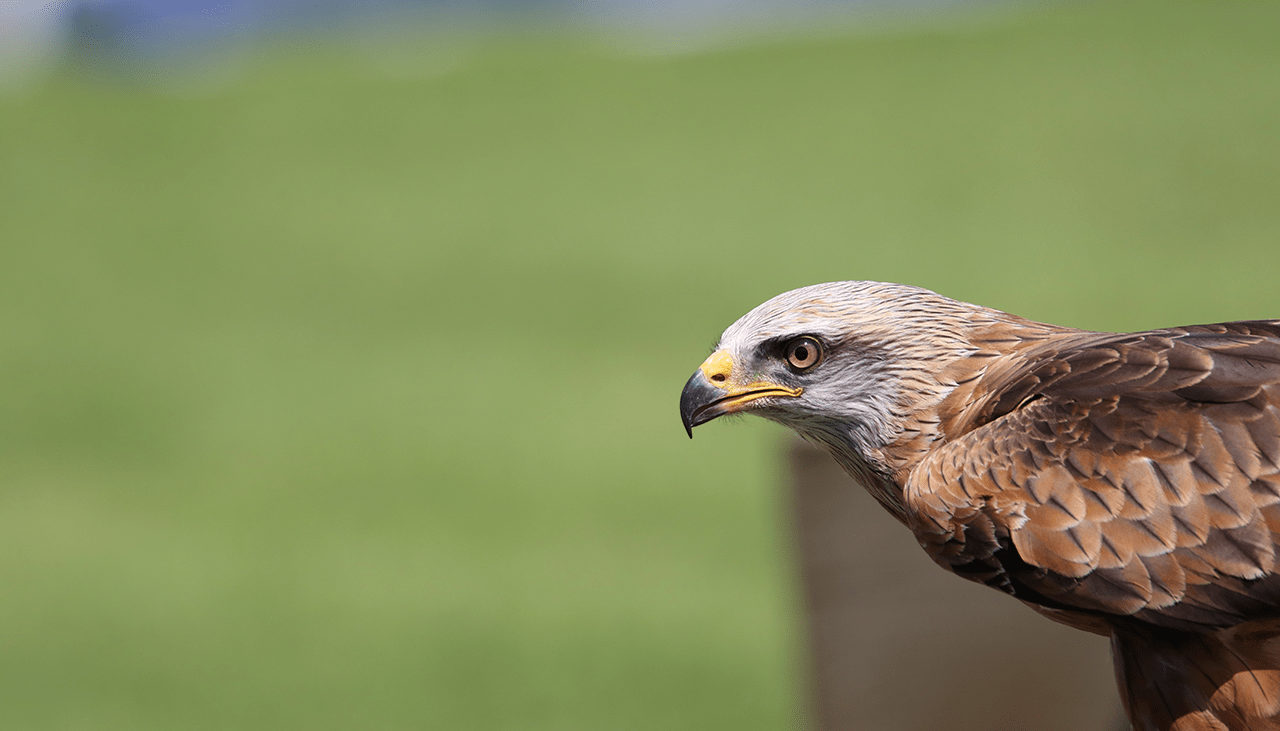Hunting is more than just a hobby or recreational activity – it’s an art form that has been around for centuries. It combines physical, mental, and emotional aspects with science to create the ultimate experience. From understanding animal behavior to mastering firearms skills, hunters have a lot of complex decisions to make to bring home their prize. The science of hunting helps us better understand the physiology and psychology behind this unique outdoor pursuit, as well as its history and culture. In this blog post, we’ll explore everything from camouflage strategies used by seasoned veterans of the hunt, to why people enjoy stalking game animals so much – letting you in on all the secrets behind successful modern-day hunting adventures!
The physiology of hunting – what happens to the body when you go out hunting
When hunters go out in search of their prey, their bodies undergo several changes. From increased heart rate and respiration to heightened senses and muscle tension, the human body is uniquely designed to take on the challenge of hunting. Studies have shown that physical activity such as running or walking can help boost energy levels, allowing for greater focus during a hunt. Additionally, some believe that adrenaline rushes from the excitement of hunting may trigger unique mental states – known as flow states – which give hunters an intense sense of tranquility and clarity during their pursuit.
The psychology of hunting – why do people enjoy hunting, and what goes through their minds while they’re doing it
For centuries, humans have been drawn to the thrill and challenge of hunting. It’s not just about the adrenaline rush or the potential of success – it’s also about connecting with nature, becoming part of an experience that is larger than oneself, and developing a deeper understanding of our environment. In modern times, some people argue that there is an emotional component to hunting; that it has become a way for people to cope with stress and anxiety. Regardless of the motivations behind it, psychological studies have demonstrated that hunting can be a rewarding experience for many individuals.
The benefits of hunting – how hunting can be good for both the individual and the community
Hunting can provide both physical and mental health benefits to those who take part in it. Physically, hunters enjoy increased strength, coordination, and cardiovascular health from the physical activity of hunting. At the mental level, hunters have reported increased focus and concentration as a result of their pursuit. Beyond its benefits, hunting is also beneficial to the community at large – it helps to control animal populations, bring money into local economies through taxes on hunting licenses and other fees, and create jobs for those who are employed in wildlife management programs.
The challenges of hunting – what makes it difficult to hunt, and how hunters overcome these challenges
Hunting can be a difficult sport; one that requires patience, skill, knowledge, endurance, and strategy. Weather conditions can be unpredictable making it difficult to predict when the game will move or where they may go next. Furthermore, different animals require different techniques and strategies to successfully hunt them, making it a challenge to adjust where needed. Hunters must also take into account the types of terrain they may encounter during their journey, as well as any laws or regulations in place for hunting. Despite these challenges, many hunters find ways to outsmart their prey, developing new strategies over time that can increase their chances of success on the hunt.
Hunting in the modern world – how technology has changed the way we hunt, and where hunting is headed in the future
Technology has had a huge impact on hunting over recent years. From modern-day firearms with advanced scopes and night vision capabilities, to GPS tracking systems for locating game animals – there are many technological tools available today that can greatly improve hunting efficiency and accuracy. But it’s not just about gadgets – the Internet has also opened up new ways for hunters to research, plan, and share their experiences with others. As the world continues to move forward in the realm of technology, there is no telling what advancements are in store for future generations of hunters. What is certain is that hunting will continue to be an important part of many cultures around the globe, providing food, recreation, and a connection to nature that can be hard to find in our modern lives.
Ultimately, hunting is an age-old tradition that connects us with our ancient past while allowing us to explore and appreciate the natural world around us. With its physical and mental benefits, as well as its importance to our environment, hunting will remain an important activity for many people around the world. With technological advancements and a growing awareness of the need to conserve wildlife populations, hunting is sure to evolve in ways we can’t yet imagine – making it an ever-changing but always exciting experience.
